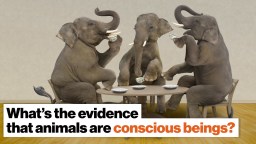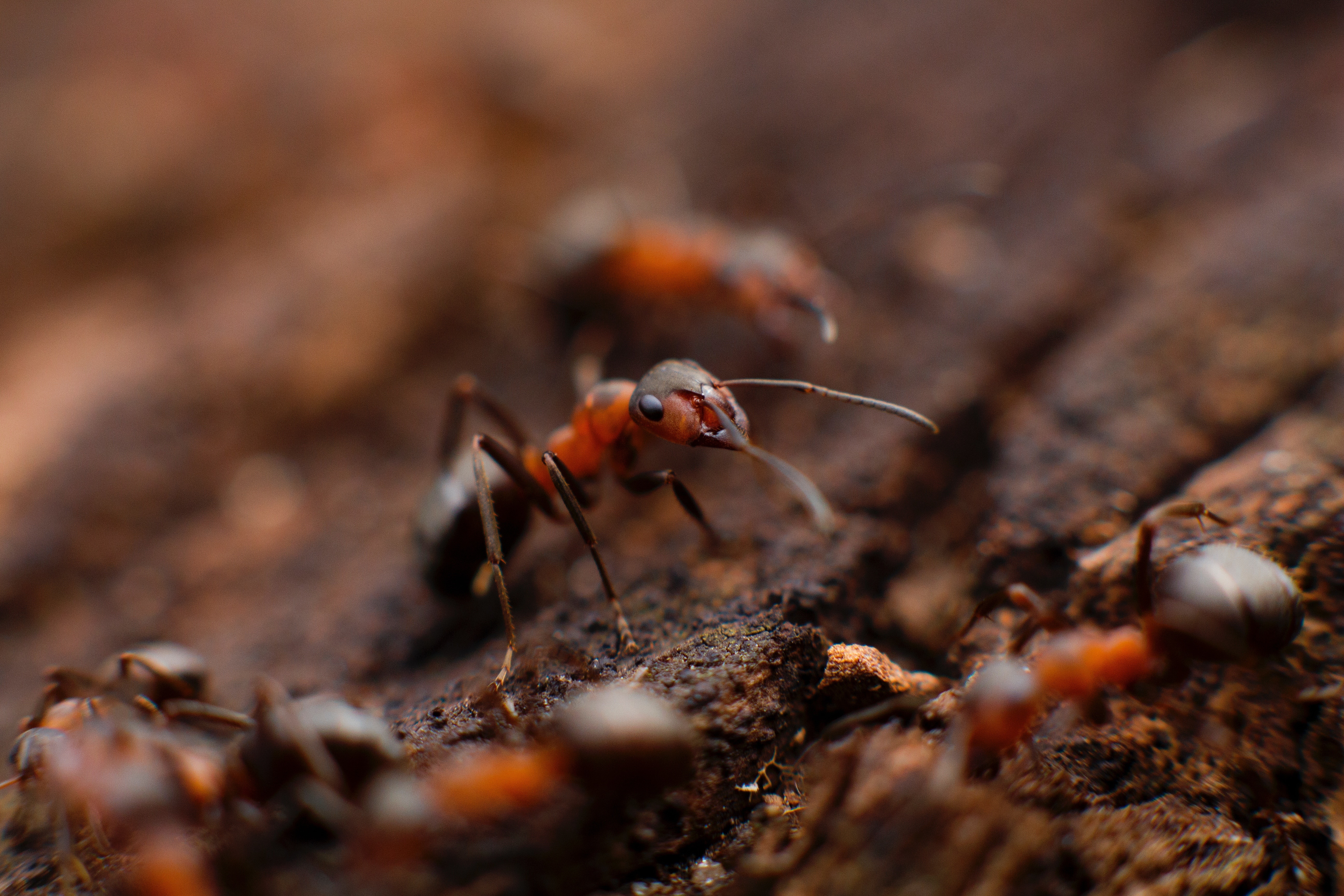cognitive science
The blob that’s astonishing science gets its own exhibit.
When it comes to scientific theory, (or your personal life) be sure to question everything.
▸
5 min
—
with
Understanding cognitive development and stress in children can add context to systems of education.
▸
9 min
—
with
Yet another study shows the potential efficacy of psychedelics in treating addiction.
Try not to think about your hands. Now enjoy a few minutes of not being able to stop thinking about them.
The remarkable distributed nervous system of the octopus is discussed at an astrobiology conference.
Think adrenaline leaves you unable to think clearly? Think again.
Nematodes demonstrate that neurons can influence offspring’s genetics.
It’s been difficult to research the illicit drugs, but we’re slowly building a better understanding of their potential.
A new study shows success in a series of Phase 2 trials.
A new study finds such kids excel in all cognitive areas.
A study found how the “map” for the sense of touch develops in the brain.
A recent study could help improve treatments for PTSD, anxiety and phobias.
Do you have a magnetic compass in your head?
A new method of growing mini-brains produces some startling results.
Our egotism and self-confidence can sometimes spill-over to our loved ones.
How prone you are to boredom plays an unexpected role.
As we urbanize, a new study flags the need for lots of green spaces.
A new study finds even simple, easy, appearance alterations fool people
If you have a strong imagination, this won’t help you with academic study.
A study on the effects of LSD microdosing shows some fittingly strange results.
A new study takes a fresh look at the mechanics of forming habits.
Almost 200 cognitive biases rule our everyday thinking. A new codex boils them down to 4.
Even some teachers suffer from anxiety about math.
Research by neuroscientists at MIT’s Picower Institute for Learning and Memory helps explain how the brain regulates arousal.
Three study participants described their own memories as almost completely lacking a first-person perspective or involving any sense of “re-experiencing.”





























